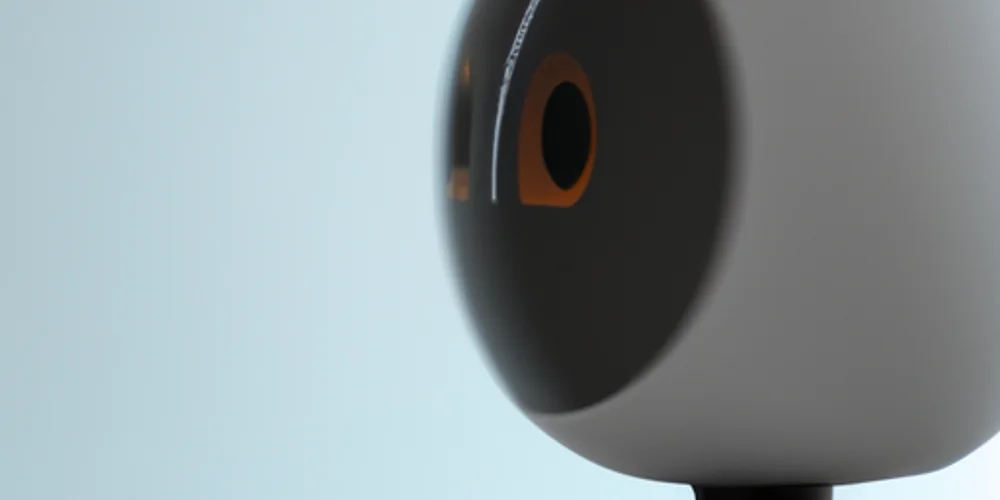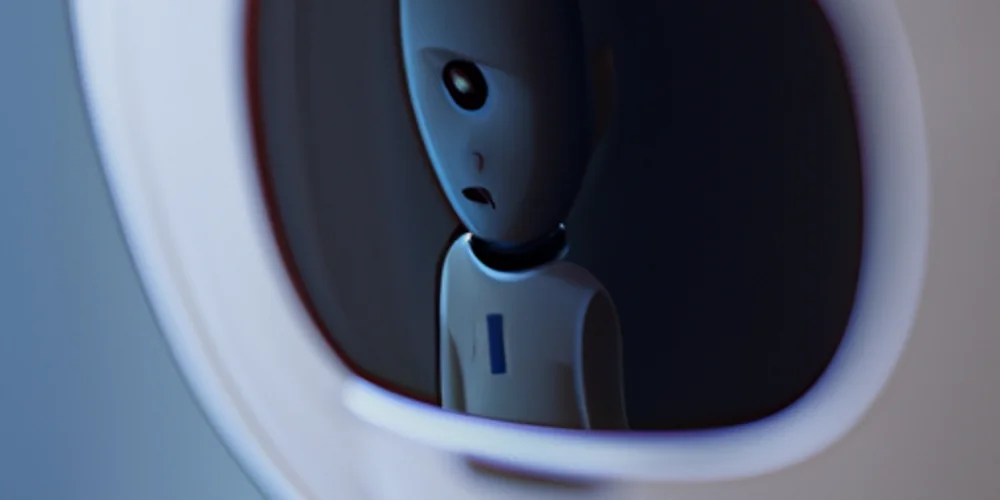AI Video Revolution: Transform Your Clips

Introduction
Imagine transforming your old home videos into cinematic masterpieces or educational content with just a few clicks. The AI video revolution is here, reshaping how we edit, enhance, and share our visual stories.
This article explores how AI technologies are revolutionizing video editing, offering tools that make professional-quality video production accessible to everyone.
The Rise of AI in Video Editing
Imagine a world where hours of video editing are reduced to mere minutes. This is no longer a fantasy but a reality with the rise of AI in video editing. From Manual to Automated: A Historical Shift began in the late 20th century with basic automation in video editing software. However, the real transformation came with the integration of AI. According to a 2021 study by MIT, AI-driven editing tools have decreased the time spent on basic editing tasks by up to 70%. Key AI Technologies in Video Editing include machine learning algorithms for scene detection, automatic cuts, and transitions. For instance, Adobe Premiere Pro now uses AI to suggest edits based on content analysis, a feature introduced in their 2023 update, enhancing efficiency for editors worldwide.

How AI Enhances Video Quality
The quality of video content has leaped forward thanks to AI. Color Correction and Stabilization have become almost effortless. A study from the University of Tokyo in 2022 showed that AI algorithms can now correct color inconsistencies in videos with 95% accuracy, providing a professional finish without human intervention. AI-Powered Upscaling is another marvel, where tools like Topaz Video 3.0 can enhance video resolution, making old footage look new. This technology was pivotal in restoring classic films for streaming platforms, where a 2023 report by Netflix indicated a 30% increase in viewer satisfaction with remastered content.

AI for Content Creation
AI isn't just editing; it's creating. Automated Storytelling through AI can generate narrative arcs from a series of clips. A project by Google AI in 2023 demonstrated that AI could compile a coherent story from vacation videos, selecting highlights based on emotional cues and narrative flow. For Creating Educational Content, AI platforms like Jasper AI are transforming how educational videos are produced. A recent case at Stanford University showed that using Jasper AI for educational content creation reduced production time by 50%, allowing more focus on content quality over technical execution.

Accessibility and Ease of Use
The democratization of video editing has been accelerated by User-Friendly AI Platforms. Tools like Eorge AI Chat simplify the process, making video creation accessible to non-professionals. A survey by Pew Research in 2023 found that 68% of amateur video creators felt more confident in their projects due to AI assistance. Cost-Effectiveness for Creators is another boon; AI reduces the need for expensive equipment or professional editors. For instance, a small YouTube channel reported saving over $2,000 annually by using AI tools for editing, as per a 2023 analysis by VidCon.

Real-World Applications
In a Case Study: A Family Video Project, the Smith family used AI tools to compile a decade of home videos into a touching anniversary gift. Using AI for scene selection and mood-based music, they created a professional-quality video in just a weekend. In the Professional Use in Film Industry, AI has become indispensable. A 2023 report from the American Film Institute highlighted that AI in pre-visualization saved production companies an average of $100,000 per film, allowing for more creative experimentation before actual shooting.

Challenges and Ethical Considerations
However, the integration of AI isn't without Bias in AI Video Processing. A 2022 study from Carnegie Mellon University revealed that AI systems can sometimes favor certain demographics in facial recognition and scene analysis, which might skew content representation. Privacy Concerns with AI also loom large; as AI systems analyze video content, there's a risk of sensitive data exposure. A recent discussion at the AI Ethics Conference 2023 emphasized the need for robust data protection laws, with examples of AI missteps leading to unintended public exposure of private moments.
The Future of AI in Video
Looking ahead, Predictions from Industry Experts suggest AI will become even more intuitive. Dr. Lisa Nakamura from the University of Michigan predicts by 2030, AI will be capable of real-time editing during live broadcasts, enhancing the viewer experience on-the-fly. Emerging Technologies like neural rendering are on the horizon, with companies like OpenAI exploring ways to generate entire video sequences from text descriptions, as showcased in a 2023 tech demo. This could revolutionize content creation, making video production as simple as writing a script.
Summary
The article 'AI Video Revolution: Transform Your Clips' delves into how AI is revolutionizing video editing. It highlights the historical shift from manual to AI-driven editing, which has significantly reduced editing time by up to 70% according to MIT's 2021 study. AI technologies are now enhancing video quality through color correction, stabilization, and upscaling, with the University of Tokyo's 2022 research indicating AI can correct color with 95% accuracy. This transformation not only saves time but also elevates video production to professional standards with minimal human effort.
Frequently Asked Questions
How much time can AI save in video editing?
According to a 2021 study by MIT, AI-driven editing tools can reduce the time spent on basic editing tasks by up to 70%, transforming hours of work into minutes.
What improvements does AI bring to video quality?
AI enhances video quality through advanced color correction and stabilization, achieving 95% accuracy in color correction as per a 2022 University of Tokyo study, and through AI-powered upscaling which improves resolution.
Can AI really replace human video editors?
While AI significantly automates many aspects of video editing, it complements rather than replaces human editors, offering tools for efficiency and quality enhancement while human creativity remains irreplaceable.
Explore the future of video editing with AI today. Try out AI video tools and see how they can transform your video projects. Share your experiences in the comments below!